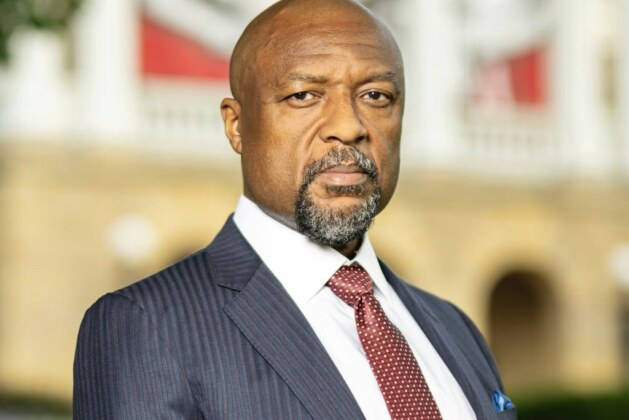In a move that signals both continuity and transformation in higher education leadership, Dr. Charles Lee Isbell Jr. has been named the 11th chancellor of the University of Illinois Urbana-Champaign, bringing with him a distinguished record of academic innovation and an unwavering commitment to expanding access in STEM fields.
The appointment, announced by University of Illinois System President Tim Killeen, represents more than just a leadership transition. It marks the arrival of a scholar-administrator whose career has been defined by his efforts to democratize technology education and create pathways for underrepresented students in computing and artificial intelligence.
Isbell, currently serving as provost at the University of Wisconsin-Madison, will formally assume his new role on August 1. The 56-year-old computer scientist brings more than two decades of experience in higher education leadership to one of the nation’s premier public research institutions.
What sets Isbell apart in the landscape of academic leadership is his dual expertise in cutting-edge technology and social justice advocacy. As a Fellow of both the Association for the Advancement of Artificial Intelligence and the Association for Computing Machinery, his technical credentials are impeccable. Yet it’s his work as a nationally recognized advocate for broadening participation in STEM fields that may prove most transformative for Illinois.
“His efforts to create more inclusive academic pathways have influenced national conversations on the importance of making a way for all to access, contribute to and benefit from technology education,” the university noted in announcing his appointment, highlighting work that has garnered attention from major national publications.
This focus on inclusion comes at a critical time for higher education, as universities nationwide grapple with questions of access, affordability, and representation in rapidly evolving technological fields. Isbell’s approach has been to build bridges rather than barriers, recognizing that the future of computing depends on drawing talent from all corners of society.
Isbell’s innovative approach to education was perhaps most visible during his tenure at the Georgia Institute of Technology, where he spent 20 years climbing the academic ranks. As dean of the College of Computing, he helped transform the program into one of the largest and most diverse computing programs in the nation—a testament to his ability to scale inclusive excellence.
His most groundbreaking achievement at Georgia Tech was the launch of the university’s Online Master of Science in Computer Science program, the first of its kind offered at scale by a leading research university. The program broke new ground in making graduate-level computer science education accessible to students who might otherwise be excluded by geography, work schedules, or financial constraints.
This innovation in educational delivery demonstrates Isbell’s understanding that true accessibility requires not just opening doors but reimagining how those doors function. The success of the Georgia Tech program has since influenced online graduate education across the country, proving that rigorous academic standards and broad accessibility need not be mutually exclusive.
Killeen’s enthusiasm for Isbell’s appointment centers on his “clear, creative and inspiring vision for what public higher education can and should be.”
“He brings a deep understanding of not only technology and its fast-evolving, far-reaching impacts, but also the vast range of disciplines that are integral to any great university and our society,” Killeen noted, emphasizing Isbell’s appreciation for the interconnectedness of academic disciplines.
This interdisciplinary perspective may prove crucial as Illinois faces the challenges common to public research universities: maintaining excellence while expanding access, securing adequate funding while controlling costs, and preparing students for a rapidly changing economy while preserving the liberal arts traditions that create engaged citizens.
Isabell said that he is excited to take the helm of a university with more than 56,000 students and nearly 13,000 faculty and staff.
“It’s the honor of a lifetime to be appointed to the role of chancellor and I’m deeply grateful to President Killeen and the Board of Trustees,” Isbell said upon his appointment. “I’m energized by this chance to serve the citizens of Illinois and advance the mission of learning, discovery, engagement and economic development.”




Leave a comment